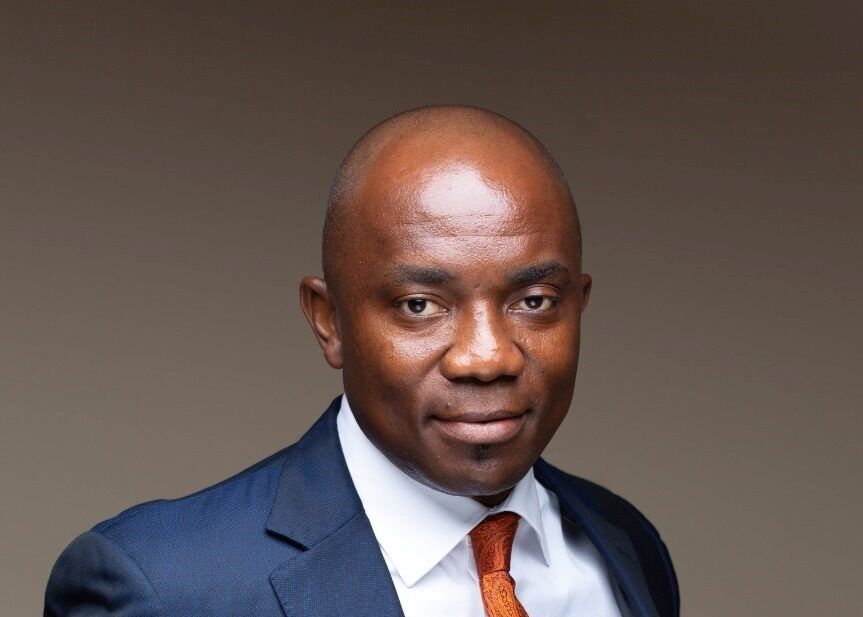Chamber of Bulk Oil Distributors (CBOD) protests Bank of Ghana (BoG) underwriting the risks associated with commercial activities of the Bulk Oil Storage and Transportation company (BOST).
This is because; BoG’s action gives BOST, the government sole shareholder private limited liability company, an upper hand over other players in the field.
CBOD protests
Chief Executive Officer (CEO) of CBOD, Dr Patrick Ofori said the Chamber is concerned about the preferential treatment that BOST is receiving in the form of skewed laycans and forex allocation.
“We don’t want a situation where laycans [the schedule for the berthing of petroleum-carrying vessels at the ports] are skewed in favour of BOST. They (BOST) should not be protected using state entities and in the end try and claim efficiency based on state steroids,” he said.
“We are not against Gold for Oil (G4O). Neither are we against BOST engaging in their core mandate of managing strategic petroleum stocks, but want a level playing field for us to operate efficiently and carry out our businesses,” he added.
Potentially financial burden
He fears this development could distort the markets and potentially impose a financial burden on an already stressed economy.
He also averred that the development could engineer future additional petroleum taxes similar to Energy Sector Levy Act (ESLA) and Tema Oil Refinery (TOR) levy.
Fair competition in the Gold For Oil (G4O) programme
Speaking during a virtual press briefing, Dr Ofori called on government to create an enabling environment that will ensure bulk distribution companies compete fairly in the Gold For Oil (G4O) programme.
“What we are saying is that they (the government) should create the enabling environment for everybody to compete fairly and on their own strength and private sector participation is not well respected,” he said.
Cedi depreciation causing rising fuel prices
From January to June 2022, international Petrol prices rose by about 105%, and ex-pump prices rose by 64% because the Cedi was just around GH₵8 to a dollar.
Although from June to November 2022, international prices fell by 34%, ex-pump prices rather went up by up 67% due to the sharp depreciation of the cedi by over 68% to sell at GH₵15 to a dollar.
Comparing the international prices of petrol in January 2022 and April 2023, ex-pump prices should have been about GH₵6.71 per litre.
But, it was 80% higher due to the 93% depreciation of the cedi reaching GH₵13 to the dollar.
When the international price of diesel was at its peak in June 2022, the diesel ex-pump price was around GH₵10.8 per litre.
Interestingly, international prices of diesel were almost the same in November 2022, but ex-pump prices jump by 70% to about GH₵22.7 per litre due to the sharp depreciation of the cedi by about 83% selling at GH₵15 to the dollar for the period under review.
From January 2022 to April 2023, the international price of diesel increased by only 12% within the period but pump prices are still about 85.4% higher.
This is because, comparing the cedi within both periods, the cedi depreciated by 92.6%
The evidence is clear that changes in foreign exchange rate influences pump prices more than changes in the international price.
Forex rate impacts fuel prices more than changes in international prices
Per the Chamber’s calculations, changes in commercial forex rate impact pump prices by about 0.407 far higher than changes in international prices which affect pump prices by only 0.114.
From June 2022 to April 2023, petrol and diesel at the international market fell by 47% and 40% respectively.
However, pump prices are still up by 17% and 1% for petrol and diesel due to the 55% depreciation of the BoG auction rate.
The international price of petrol is lower now than it was in June 2022, but pump prices are still higher than it was in June last year because the cedi has depreciated
Dr Ofori stated that the Chamber is not against the government’s gold for oil programme as well as the involvement of BOST in managing strategic petroleum stocks within the downstream petroleum sector.
CBOD protests unfair practices
He pointed out that the Chamber’s push for a level playing field was to help ensure the sustainability and profitability of the downstream petroleum sector and safeguard Ghana’s energy efficiency and security.




